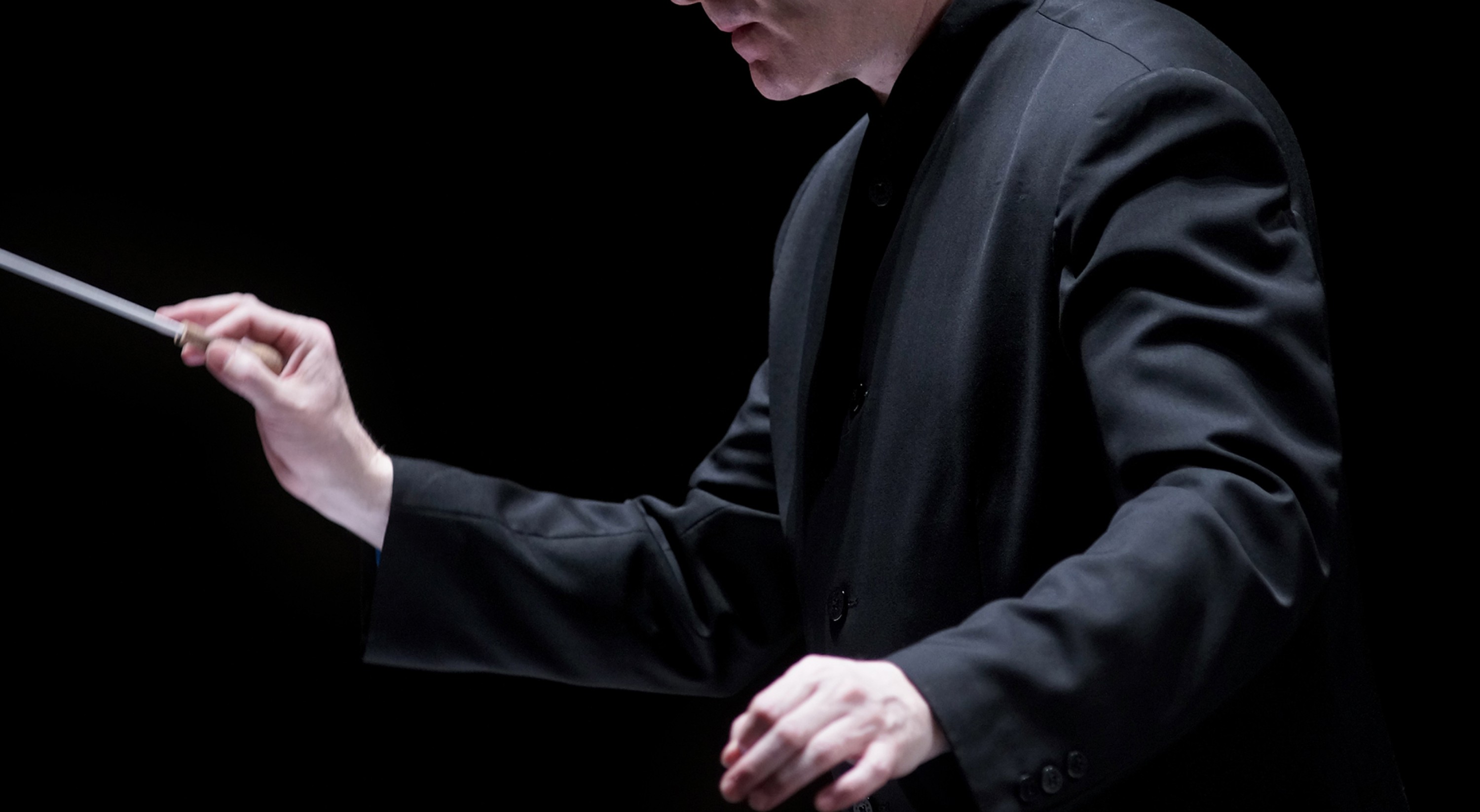George Benjamin Paul Dukas Wolfgang Rihm Maurice Ravel
George Benjamin
Concerto for Orchestra (French première)
Commissioned by the Mahler Chamber Orchestra with support from the Ernst von Siemens Music Foundation and BBC Radio 3
Paul Dukas
The Sorcerer’s Apprentice, symphonic poem, after a ballad by Goethe
Wolfgang Rihm
Marsyas, rhapsody for trumpet with percussion and orchestra
Maurice Ravel
Mother Goose (ballet, complete)
David Guerrier, trumpet
Adélaïde Ferrière, percussion
Orchestre Philharmonique de Radio France
Conductor, George Benjamin
Collaboration: Radio France and the Festival d’Automne à Paris
Live broadcast: France Musique
––––––
Duration: 90 minutes plus intermission
George Benjamin may be cited together Dukas and Ravel, composers greatly respected by Benjamin’s own master Olivier Messiaen, as they share the distinction of having paramount knowledge of the orchestra, of harmony and form. George Benjamin’s works are carefully thought out and always mature. For Wolfgang Rihm, expression in his rhapsody tells the cruel mythical tale of Marsyas.
Since Dance Figures written sixteen years ago George Benjamin had composed no works for orchestra only, for opera and chamber opera have dominated the recent period. His latest virtuoso work, composed as a single uninterrupted movement, gives each section of the orchestra a key moment.
A sorcerer’s apprentice may ambitiously hope to extract powers from a broom that are not there to be had; there can be children’s verse, and figures taken from the pages of Perrault’s fairy tales, all encouraging the composer to simplify his approach, and then two masterpieces appear: a scherzo by Dukas, famous for whirling magical effects, and a magnificent and quintessential suite by Ravel.
Wolfgang Rihm explores the realms of Greek mythology, finding the tale of Marsyas who challenged Apollo, but lost, and met a cruel fate, tied to a tree and flayed alive, causing nymphs and shepherds to weep, their tears flowing to form the clear and bountiful river of Phrygia.
